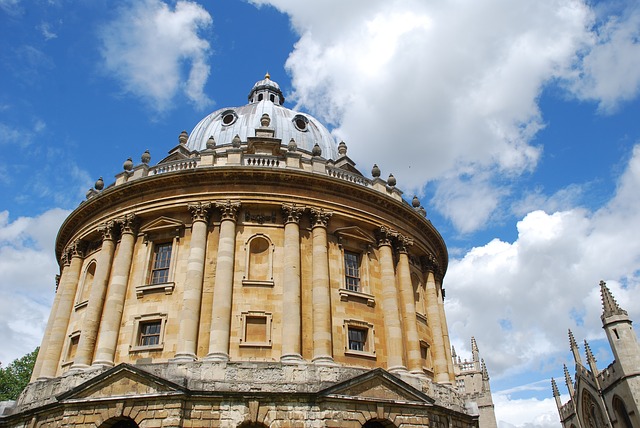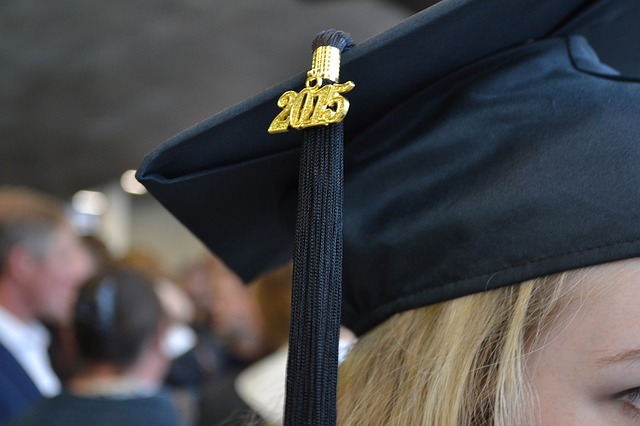The government’s pledge to increase university applicants to the country’s elite universities from students from disadvantaged backgrounds has demonstrated that numbers have continued to fall. This is despite increasing the number of bursaries and campaigns encouraging students from poorer backgrounds to apply. Further, a wider study of The Russell Group (the elite group of UK universities), shows that applicant numbers have stalled for a decade.
Yet the most shocking figures came from the “Big Two”, Oxford and Cambridge where the study showed that applicant numbers had actually fallen in the last ten years. Government bodies state that this must change.

The Figures
The report highlighted that 17.2% of applicants to Russell Group Universities came from a lower socioeconomic background; applicants from wealthy or advantaged families represented over 32%. This means that nearly double the number of students came from relatively privileged or elite backgrounds compared to disadvantaged backgrounds. This is unacceptable according to many.
Of all the elite universities, Oxford and Cambridge had the worst records. Oxford’s intake was 10%; Cambridge’s was marginally higher at 10.2%. This has stagnated and dropped in the last decade; in 2006, the percentage applying to Oxbridge was 12.5%.
Russell Group Responds
The Russell Group responded saying that this was a problem that they could not handle alone; they asked for government help in getting schools and sixth form colleges on board and pointed out that the number of applicants to all Russell Group universities has increased since 2009. Further, applicants from black and other ethnic minority groups increased since 2012 whereas those students determined eligible for free school meals doubled in the same time.
When the report was released in February, Prime Minister David Cameron responded with concern, saying that change needs to be enacted right across the education system to reduce social inequality. Whether the problem lies with the universities or further down the line, there is unlikely to be a simple answer.

Higher Education Policy Institute Comments
Nick Hillman, the director the HEPI has laid the blame for this failure to tackle social inequality squarely at the feet of universities and particularly to The Russell Group – saying they need to spend more time, effort and money in finding the brightest and best amongst the disadvantaged population. There is a mass of data available, and it has been suggested that universities should do more to use it to find the most gifted children coming through schools and sixth form.
The counter argument is that as these universities are elite, they do not need to do much to encourage applicants when they turn away hundreds every year. However, quantity does not equal quality and the only way we can produce the brightest and best every year is for elite institutions to use this data to find the politicians and business leaders of the future.